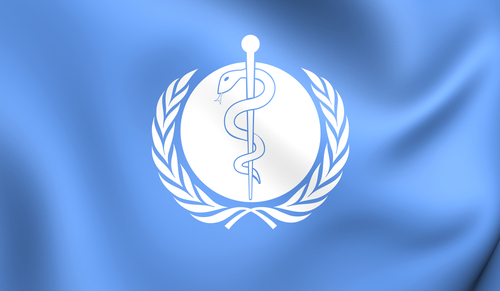Prioritize Universal Health Coverage; provide quality health services to all: WHO
UNI Apr 04, 2018
The World Health Organization in its report on April 4 has urged countries in SE Asia to improve measure towards achieving universal health coverage and quality services for all people.

The World Health Organization on April 4 called upon countries in its South-East Asia Region to step-up efforts towards universal health coverage, to provide quality health services to all people when and where they need them, without having to suffer financial hardship. “Universal health coverage is central to improving health and well-being – a fundamental human right. It is also imperative for a country’s well-being as healthier populations create more productive economies,” said Dr Poonam Khetrapal Singh, Regional Director of WHO South-East Asia, on the occasion of the World Health Day celebrated on April 7every year.
The theme of this year’s World Health Day is Universal Health Coverage: everyone, everywhere, a WHO report here on April 4 said. Universal health coverage (UHC) is a flagship programme of WHO in the Region since 2014. In recent years, all Member States have taken several initiatives which have helped improve access to essential health services. However, challenges remain. Nearly half of the WHO South-East Asia Region’s population still lacks full coverage of essential health services. Significant inequalities persist. Poorer people, and those in rural areas, have lower access than richer people, and those living in urban areas.
Some 65 million are pushed into extreme poverty, mainly due to paying out-of-pocket for medicines, especially for non-communicable diseases such as heart disease, diabetes etc, and other common ailments. Dr Khetrapal Singh said more efforts are needed to increase human resources for health, enhance skills of health workers and aid staff retention in rural and hard-to-reach area, to ensure quality health services are available for everyone, everywhere.
Health services must be planned around the needs of the people, she said, highlighting that by 2020 more of the Region’s population will be over 60 than under-five. Hence, ageing population, reversing the growing burden of non-communicable diseases, and early detection and timely treatment of infectious diseases, should be the focus of frontline services.
-
Exclusive Write-ups & Webinars by KOLs
-
Daily Quiz by specialty
-
Paid Market Research Surveys
-
Case discussions, News & Journals' summaries